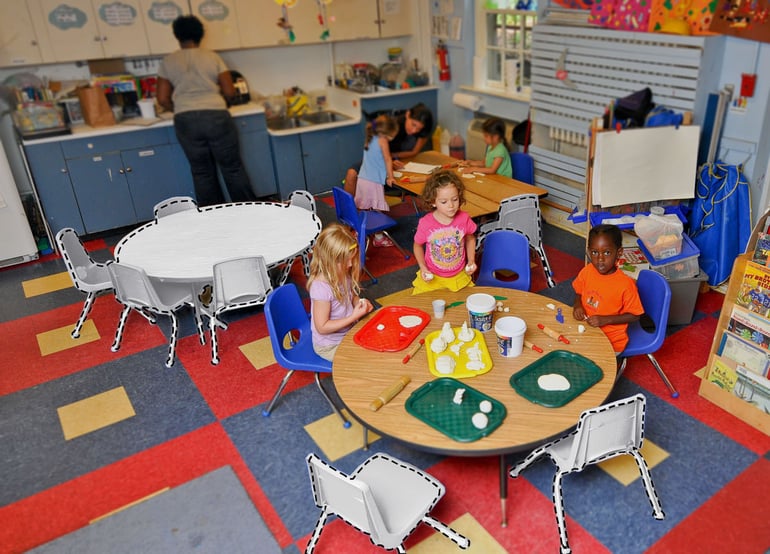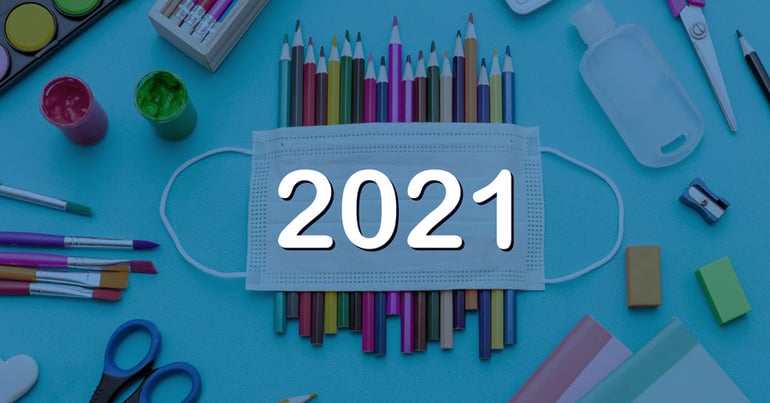At Child Care Aware® of America, we have seen child care become front page news. We have spoken with families, like the Aronoffs, struggling to access child care as providers close their doors. We have listened to providers, like Shaun Linton in Newark, Ohio, whose center has taken extraordinary measures to continue operating safely, despite a reduction in income.
What we have heard and continue to hear from providers and families is their demands for change. The time is ripe for us to make even bigger strides than previously imagined to achieve a more equitable, affordable and high-quality child care system. As we launch into the new year, I am excited to share with you how we plan to accomplish this.









